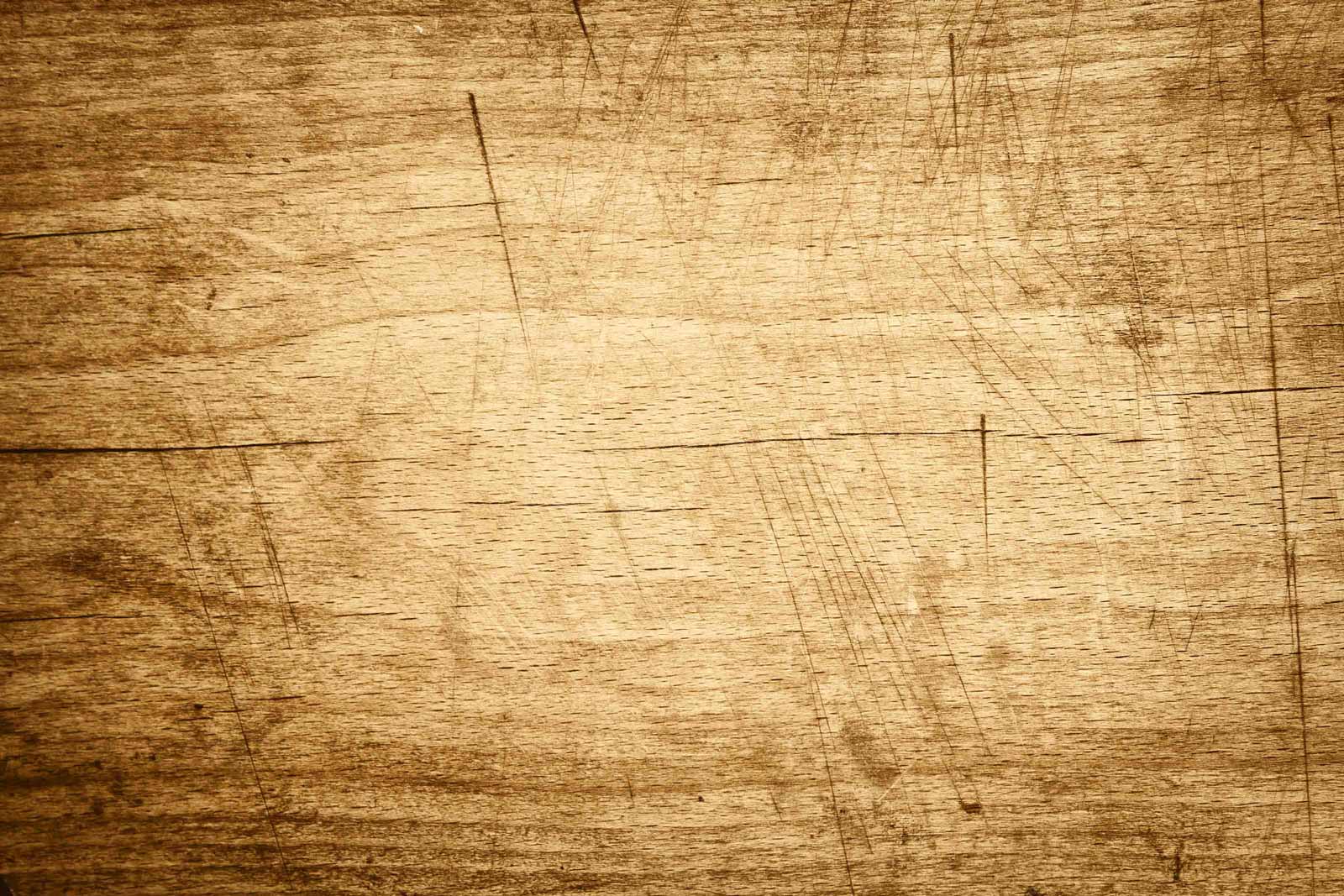Enjoy this letter? Get next Sunday's sent straight to your inbox.

 Ink and Feet
Ink and Feet


This week's letter is brought to you by the letter U. Unsettled. Unsteady.
Normally, at this point into my time in a place, I find my feet. Toes digging in, rooting, connecting to solid ground. And that's happening here - my toes are digging in, and I'm connecting down, closer to the roots of Rwanda.
But the more I dig in here, the less steady I get.
Rwanda has moved past its terrible history at a staggering pace. But it's impossible to be here for more than a month and not realize that the genocide is still fresh. Walk down the street, and any Rwandan you see over the age of 25 lived through it - has personal memories of what happened, deep and inescapable. It doesn't hang in the air, but it's still here, in the soil. You can feel it.
The path to progress, toward an amazing country that's bringing millions of people out of poverty, providing national health care, and building a sustainable economy for its people and the planet has been rapid, hard-to-fathom, and direct.
Direct.
Some days, I walk around the crest of the hill I live on, half a kilometer to a nearby coffee shop. When I first arrived, the walk was down a quiet street of houses. A yellow house behind a blue gate. An orange house ringed by red brick walls. Trees hung overhead, shading the afternoon sun.
Today, I pass graded red dirt, workers, and yellow heavy machinery. The houses are gone, making way for a new road. In the span of two weeks, I've watched half of the homes along my walk disappear. A nice house near the corner was dismantled and bulldozed yesterday. All that's left this morning is a flat patch of earth.
Across the valley, concrete apartment and business buildings rise day and night from the greenery, adding new layers every week and shedding scaffolding like snakeskin.
This is what progress looks like. Feels like. Sometimes it's you, your home in the way.
I look down the hillside, and wonder whose house is in the way next, if any of the eucalyptus will make it, or the acacia down below.
In the West, we'd be yelling about property rights and individual vs the government - but here, those simple lines don't make sense.
Most people I've talked to say their lives and the lives of their fellow Rwandans are better than they were, and keep improving.
Everything simply has a cost.
I'm reminded of how I felt in Thailand, and the strange, ghost-like experience that getting to know a place as a permanent foreigner is like.
Rwanda is building its own future, along the path that it deems best - the straightest line it can draw between tragedy and triumph.
And with a strong, broadly supported central government, it can actually get it done. There's an ability here to make what might be locally unpopular decisions for the greater good, and to move at a speed that's almost unimaginable in most of the world. Make a good plan, get the resources, and go. Clear everything that's in the way.
It's a speed and pace that doesn't leave room for the slow psyche of human understanding. Of social processing, or the steady grind of understanding. It's movement, churn, constant.
It's the rapid creation of the structure of the future of Rwanda, a trellis of sorts - and the belief and hope that people will grow to fill it in.
And here, in the days where that future is being built, days of bulldozers and scaffolding, social programs and special courts - there's simply precious little steady ground to stand on.
That's what I've got for you this week. No pithy ending, and no let's try this together.
Just a real window into life, here in Rwanda. Unsettled.
Have a wonderful week,
-Steven
p.s. The best thing I read this week was a beautiful and thought-provoking piece by a long-time emergency room doctor. It's about how we die.
Enjoy this letter? Get next Sunday's sent straight to your inbox.
